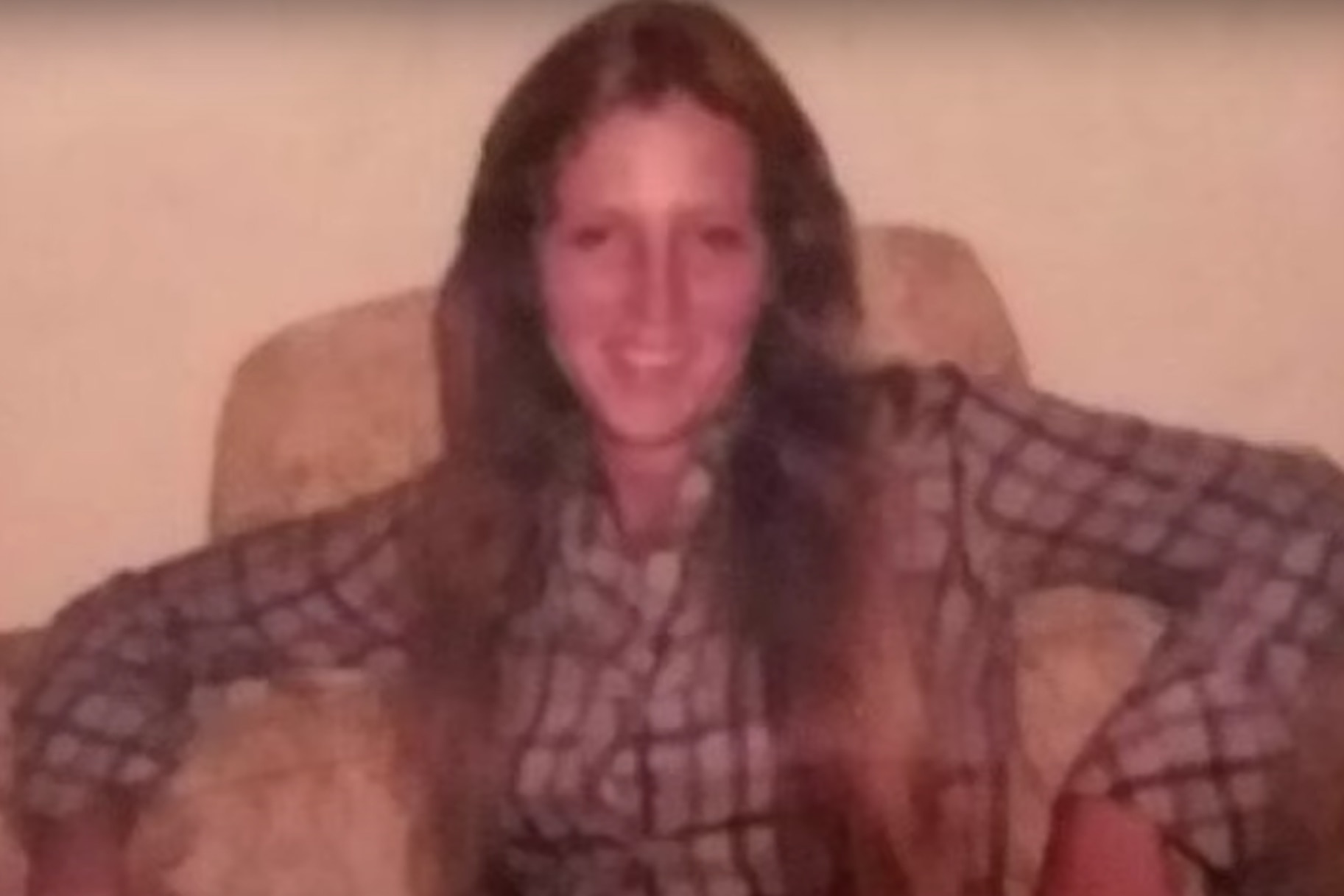Create a free profile to get unlimited access to exclusive videos, breaking news, sweepstakes, and more!
New Fingerprint Technology Leads To Arrest In 1983 Murder Of Woman Waiting For A Train
New fingerprint technology led police to arrest Ralph Williams, who has now been indicted for the murder of Carla Lowe.

A suspect has been arrested nearly four decades after a young woman was brutally murdered while waiting for a train in Florida — thanks to new fingerprint technology.
Carla Lowe, 21, was attacked while waiting for a train at the Amtrak station in Delray Beach in November of 1983. Her body was found nearby; she had been both beaten and run over by a vehicle.
The Delray Beach Police Department announced at a Nov. 30 press conference that advancements in fingerprint technology pointed them to suspect Ralph Williams, 59, in Jacksonville, Florida. He was subsequently arrested and a grand jury has indicted him for first-degree murder in connection with Lowe’s death. He would have been around the same age as Lowe at the time of her slaying.
"With recent advances in technology, we were able to obtain fingerprints from a piece of evidence left at the scene," Detective Todd Clancy said at the press conference. Clancy is the first and only detective in the department's new Cold Case Unit, according to Forensic Magazine.
He explained that detectives at the department worked in tandem with the United Kingdom-based company Foster + Freeman, "which has a new machine out there that is able to get a new fingerprint.”
Their "RECOVER machine," Clancy said, allowed investigators to "retrieve a fingerprint" that they had been unable to identify "in traditional ways.”
He did not state what surface the fingerprint was recovered from, but Foster + Freeman's website describes the RECOVER machine as utilizing "a cutting-edge chemical vapor fuming process" that can lift prints from difficult surfaces, including "those that have been exposed to extreme heat (discharged bullet casings, for example) and items that have been washed 'clean.'"
Forensic Magazine reports that whatever surface provided the fingerprint had been in storage for 28 years.
A motive for the murder has not been divulged, though Forensic Magazine states that Williams had no connection to Lowe. Still, he'd reportedly always been a suspect in the murder.
Following the announcement, Lowe’s sister Jackie Lowe-Repass released a statement through the police, the Palm Beach Post reports.
"I just want the world to know Carla was a good person," she wrote. "She was a beautiful and giving person. She wasn't just a piece of trash that someone threw away."
The sibling added that she “never thought this day would come.”
For years, Lowe’s murder was considered a cold case — and the department had no unit dedicated to reinvestigating them before Clancy.
“Once I was selected for the position, I contacted the retired detectives and asked them what cases they worked back in the day that they felt could be solved through DNA, fingerprints, new technology or even re-interviewing witnesses," Clancy said, according to Forensic Magazine.
"Carla Lowe was the main case,” he added.
"I can’t tell you the efforts he went through, and his skills and knowledge with new technology," retired Detective Mark Woods, the original Lowe murder investigator, said of Clancy, reported the magazine. "Going through every piece of evidence to see if there was some other test they could run."
It is not clear if Williams has an attorney.
























